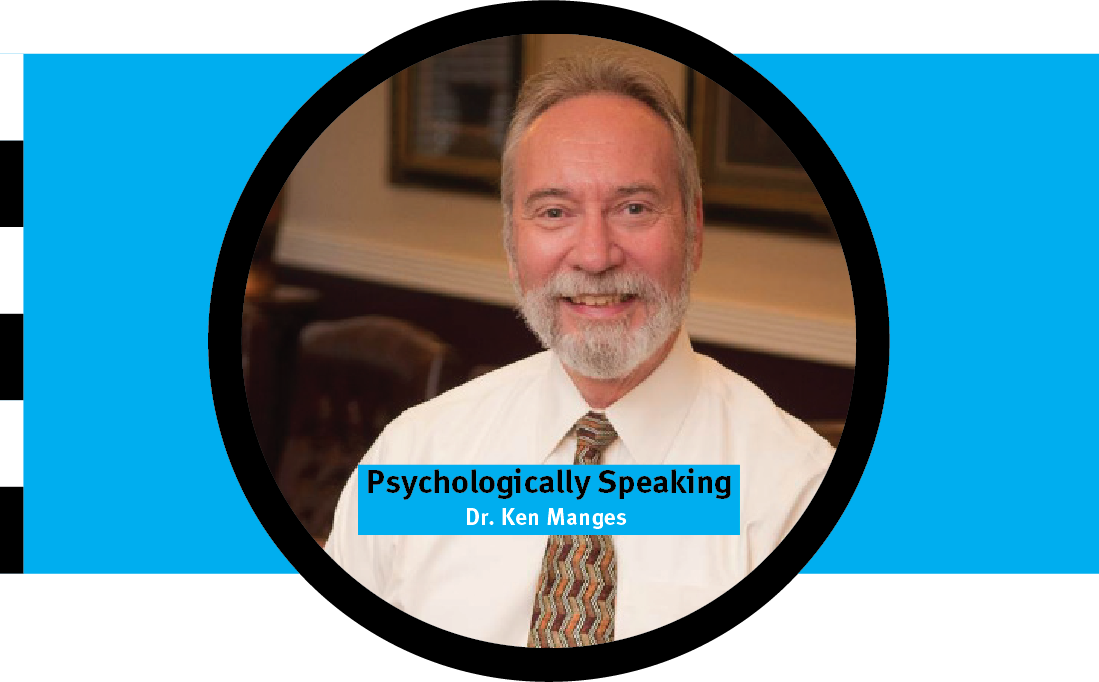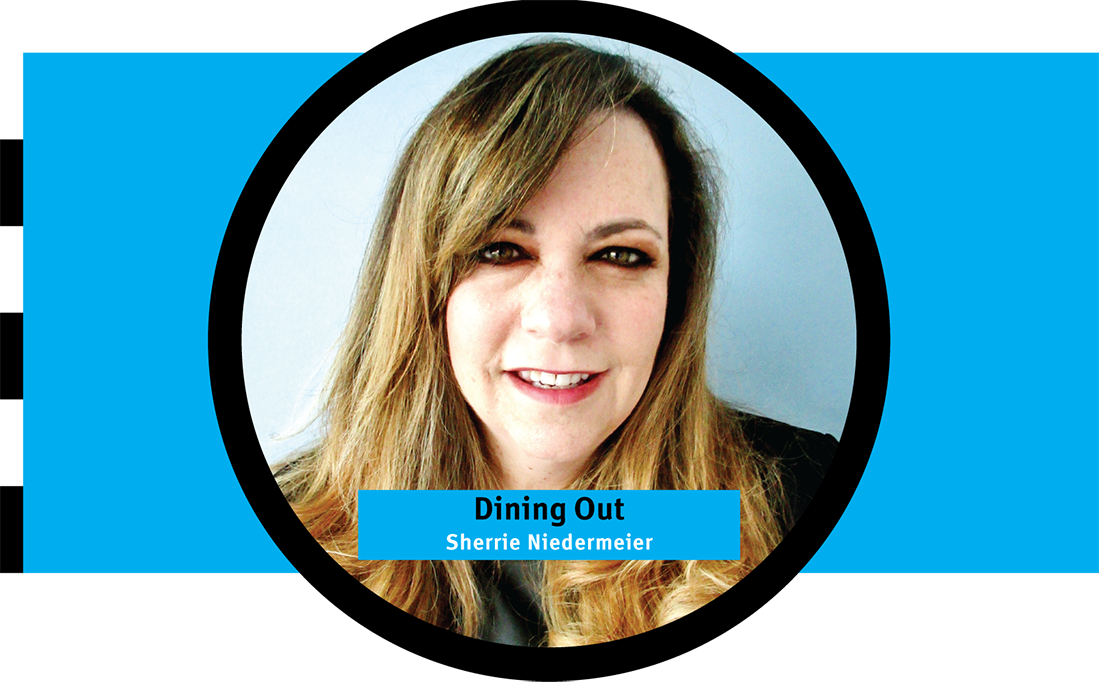
As a forensic it is not uncommon for persons I interview to talk about hallucinations (the belief that they have seen, felt or heard someone or something, when anyone else who is around didn’t see or hear anything). According to the APA Dictionary of Psychology, “Hallucinations are typically a symptom of a psychotic disorder, possibly schizophrenia, but also may result from substance use, neurological abnormalities, and other conditions.”
More unusual is a person’s belief that they had had an illusion. The APA Dictionary defines an illusion as “false sensory percept. Illusions of the senses, such as visual illusions, result from the misinterpretation of sensory stimuli” where an object or the person the person is describing is not consistent with reality, like a television talking to them or a person having diabolical facial features.
Sometimes the person realizes that the hallucination or illusion is unreal, at other times they are convinced that what they imagined was real and that it was either something that happened only to them because they are special or the other people who were with them are trying to deny their reality.
For the person having the hallucination or illusion it is usually frightening. But, even if the experience happens only once, depending on the cause (drug induced or emotional disturbance), there can be reason for concern. If it happens on a repeated basis, it is unusual and warrants an examination.
Neurologically, it’s uncommon to hallucinate or have illusions, unless the person has delirium, schizophrenia, or a drug interaction.
Today’s column is about another type of neurological phenomenon, not so unusual and not related to psychosis. Today’s subject is déjà vu.
Déjà vu is a neurological phenomenon, but it’s benign, i.e., not likely due to a cognitive or emotional upheaval or sign of mental illness. Some people believe déjà vu is a sign of a multiverse, as suggested by the film series “The Matrix,” or a sign of a past or future life.
Where did the idea of déjà vu come from?
A hint: It wasn’t Yogi Berra who said, “it’s like déjà vu all over again.” Déjà vu is French in origin and attributed to Émile Boirac who first used the term in 1876. According to Wikipedia, Boirac was a French philosopher, parapsychologist and writer. He conducted experiments with his subjects and wrote about animal magnetism (Franz Anton Mesmer is known for animal magnetism, but that will be a future column) and hypnotic phenomena.
What does déjà vu mean in English and does everyone experience it?
The translation from French means “already seen.” According to WebMD, the online medical resource platform, 60 to 70 percent of us will have a déjà vu experience in our lifetime.
In their Neuroscience and Biobehavioral Reviews December 2023 article, “Towards a conflict account of déjà vu: The role of memory errors and memory expectation conflict in the experience of déjà vu,” authors Courtney Aitken, Ines Jentzsch and Akira O’Connor found, (1) young adults (under 30 years old), experience déjà vu more often than those over 30, (2). scientific neuroimaging (functional magnetic resonance imaging — MRIs to determine brain activity) shows déjà vu occurs when there is increased blood flow in the frontal cortex, where your forehead is located) and (3). déjà vu is a sign of a healthy brain.
Hey doc, what’s the scientific explanation?
From his book “Déjà Vu,” Alan Brown says, “déjà vu experiences are memory processing errors, that is seeing part of something familiar (to us) and filling in the rest from memory.” Brown goes on to explain “that déjà vu may arise because we misappropriate a current scene or experience with a past experience as they have a lot in common, nothing more.”
Anne Cleary and Anthony Ryals, in their Journal of Experimental Psychology 2015 article, have a different perspective. “Déjà vu occurs when there is a brief delay in the transmission of sensory information between different pathways in the brain. This delay causes the brain to process the same information twice, creating a sense of familiarity but not a re-experiencing of a past event.”
Popular magazine articles have taken up the gauntlet.
There are other explanations as well. Articles in Psychology Today, Scientific American and National Geographic suggest different interpretations.
Psychology Today gives déjà vu a different spin. In his December 2023 article, “The fascinating science of déjà vu: Unlocking the mystery of familiarity,” Justin James Kennedy says déjà vu is “the conflict between false familiarity and rational knowledge, not just a feeling of familiarity.” He goes on to explain “déjà vu is a sign of a well-functioning fact checking mechanism in the brain (I wish we had more of those) not a memory error.” The likelihood of its occurrence increases “when there is fatigue, stress and an increase in dopamine. Dopamine, according to the APA Dictionary, is a naturally occurring neurotransmitter associated with motor behavior and different, sometimes simultaneous events like a runner’s high.
Kennedy gives us insight into when and why a déjà vu experience will happen. Kennedy explains “exhausted brains are more prone to have a déjà vu experience.”
My interpretation from Kennedy’s explanation is there seems to be confusion in a tired brain mistaking some aspect of a setting with the belief you have actually been there before.
In other words, if you’ve never been to France, it’s not likely that what you see on vacation in France is something you have experienced before. You may have seen the same scene in a movie, a photograph or a painting. You are tired and you mistake the scene in France for one you lived in a past life. Kennedy and the other scientists reviewed in this article do not support déjà vu being a past life experience.
Scientific American agrees with the “fact checking” perspective. In a February 2023 article by Stephanie Pappas, “What Causes Déjà Vu,” she quotes the work of Chris Moulin, a cognitive neuropsychologist at the Grenoble Alpes University in France.
Moulin says, older people may be less adept fact-checkers when false feelings of familiarity arise (remember the fact-checker is in the frontal cortex behind the forehead).
In other words, older adults experience fewer déjà vu moments then younger adults because the frontal cortex “may be less likely to put the brakes on a false sense of familiarity.” Oh well, something else we lose as we age.
Moulin puts a positive spin on it. He says, enjoy the feeling of having felt it all before while it lasts, Generation Z.”
Are you still experiencing déjà vu? Do you see any patterns emerging? Enjoy it. It’s a sign of a healthy brain, although you may have been exhausted when it happened.
Please go to the website (americanisraelite.com) and post a comment.
Questions? Suggestions? Send me an email at psychology@americanisraelite.com. Be well. Stay safe. Thanks for reading the column. See you here next month.





